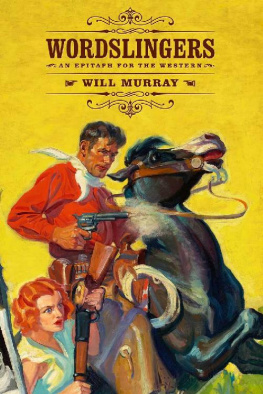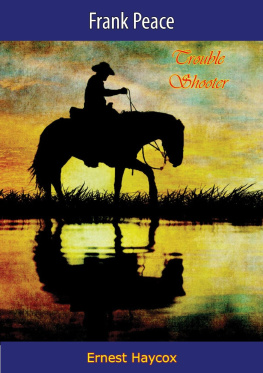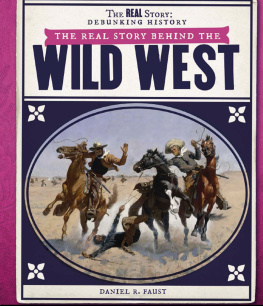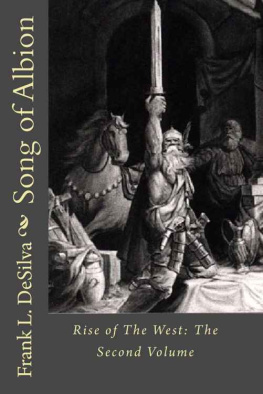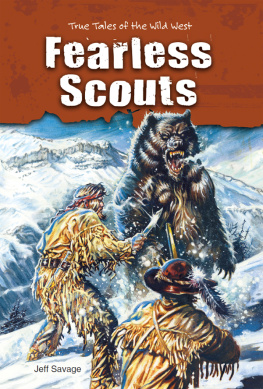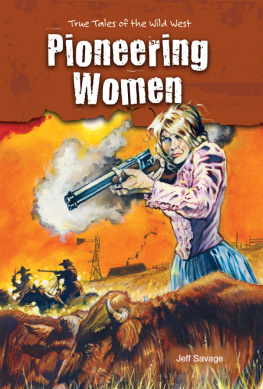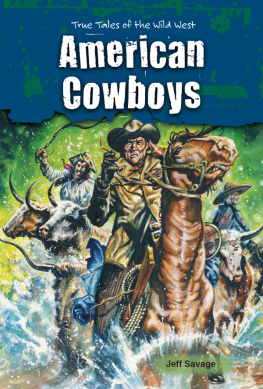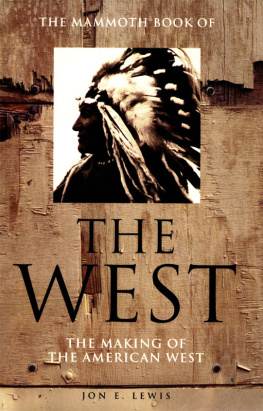Wordslingers: An Epitaph for the Western
by
Will Murray
Altus Press 2013
Copyright Information
2013 Altus Press
Publication History:
Wordslingers: An Epitaph for the Western appears here for the first time. Copyright 2013 Will Murray. All Rights Reserved.
Cover and interior images from Dime Western, Star Western, New Western and Rangeland Romances courtesy of Argosy Communications, Inc.: Copyright 2013 Argosy Communications, Inc. All Rights Reserved.
Robert E. Howard quotes reprinted with the permission of Robert E. Howard Properties.
No part of this book may be reproduced or utilized in any form or by any means, electronic or mechanical, without permission in writing from the publisher.
Designed by Matthew Moring/Altus Press
Special Thanks to Author Services, Nicholas Cain, Jack Cullers, John DeWalt, John A. Dinan, Doug Ellis, Michael Feldman, Joel Frieman, Galaxy Press, John Godwin, Richard Kyle, Kenneth R. Johnson, John Locke, Dave McDonnell, Gerald W. Page, Mary Power, Laurie Powers, James Reasoner, Tom Roberts, Milton Shaw, Anthony Tollin, Albert Tonik & Joakim Zetterberg.
Dedication
For Ryerson Johnson, the best damned Hudson River Cowboy I ever met.
Introduction
Books on the Western have largely been confined to the genres literary or cinematic history. Yet commencing with the Great Depression and continuing into the post-war period, the fictional cowboy story was largely a creature of the pulp magazine.
A definitive study of Western pulps has never been undertaken. Nor could it ever be. During the first fifty years of the 20th Century, over 200 pulp-fiction magazines specializing in frontier and cowboy yarns were printed, most every month, and several published as frequently as weekly. Thats not counting the general-fiction pulps which also offered Western stories.
All told, uncountable quantities of words of pulp Western yarns were published during this era, all different, yet all the same. No mortal could hope to live long enough to absorb them all, much less synthesize that reading into a coherent survey of what was once as American a form of entertainment as baseball, but is now verging upon extinction. Would even five million words of commentary suffice to skim the surface of such a prodigious body of work?
Nor do I attempt such a Herculean undertaking here. What follows is a species of oral history, employing found quotes, developed so that the author recedes into the role of omniscient organizer, sometimes disappearing altogether, in order to allow the participants of the past to spin the saga of their literary labors.
The origins of this book reside in my decades of research into the pulp magazine period. I freely admit that, although a lifelong fan of the Western genre in films and TV, the Western pulp magazines never drew my strong interest. But one day while paging through the bound volumes of Writers Digest at the Boston Public Library, I ran across two articles which destroyed my casual impression of the Western as an indestructible perennial genre: Walker A. Tompkins Just Another Western and Rogers Terrills The Evolution of the Western. Together, they painted a portrait of a powerhouse pulp genre in crisis at the tail end of the Great Depression. I photocopied both essays, intending to quote liberally from them for a modest article, The Gun-Dummy and the Swivel-Chair Westerner.
My initial stab at penning the piece led me to look for further insight into this forgotten turning point in the Western. Further research suggested a larger canvas, a massive untold story. The Western genre, its techniques and its problems, proved to be one of the most thoroughly documented of all. The draft article soon swelled to the size of an illustrated coffee-table book.
One day, like an amoeba reproducing, it divided into a part 1 and 2. These sections in turn divided and subdivided again, until a book of eighteen chapters resulted. Two years into the process, I was suddenly inspired to pen a prologue. I had only to reach into a box of photocopied articles, and quotes seemed to assemble themselves into a coherent whole. It was an organic, yet spooky process. Almost any new article discovery shed light, offered insight, and gave up commentary that almost invariably filled gaps in the manuscript, many of which I had failed to perceive. Often, I felt as if I were piecing together an intricate jigsaw puzzlewhich in some strange sense preexisted this project.
My quest took me from the libraries and universities of greater Boston to the New York Public Library and finally, the Library of Congress. Principally, but not exclusively, Wordslingers is culled from the pages of Writers Digest, The Author & Journalist, Writers Review, Writers Journal, The Writers Monthly, The Writer, Writers Markets and Methods, and Report to Writers. Early issues of the Western Writers of Americas official organ, The Roundup, also proved invaluable.
To include a bibliography of all of the articles and essays consulted would swell this substantial volume by another fifty pages. Since this is a study of a literary genre intended for a popular audience, I have elected to spare readers that mind-boggling burden.
I am indebted to my fellow researchers, John A. Dinan, John Locke, Richard Kyle, Kenneth R. Johnson, Gerald W. Page, Jonathan G. Jensen, Anthony Tollin, Albert Tonik, Elizabeth Carter Bissette and Laurie Powers, for their help amassing this account. From Archie Joscelyn comes the quaint coining wordslingers.
With that, I am stepping back from the customary role of author, shifting instead to active raconteur, the better to permit the colorful and distinctive voices you are about to read return to life and tell their own shared saga.
Prologue
I have often wondered why we dont have greater Western stories than we do. Great stories are there waiting to be dug out. There are hundreds of people far more worthy than the notorious Billy the Kid (upon whom the spotlight has fallen for years), unknown outside of their home neighborhood, robust people living in a raw and virile land, a land that is huge and beautiful and rich in material wealth. Theres the challenge and perhaps that is the difficulty. The West was too big to be written about and bound between two hard covers.
Wayne D. Overholser, author
When men began to write of the West, it was to exploit its more lurid aspects for sensational purposes. Hence, rose the cowboy tradition, the Wild West trashan absolutely criminal distortion of the literary growth and traditions that made a vulgar jest out of what should have been one of the most vital and inspiring pageants of American History.
Robert E. Howard, Texan
The reader of Westerns dont want no part of history that isnt historyhe never was crazy about history in the first place. All hes hunting is a good absorbing story of he-man adventure, the horse-and-gun kind of story he used to get from the pulps He dont want to be preached to, harangued at, nagged at, taught, or anything that adds up to discomfort. He wants to be entertained, period.
Nelson C. Nye, first President,
Western Writers of America
One gusty spring day in 1903, recalled Western novelist Syl MacDowell, in the small raw cowtown of Rifle in western Colorado, our school let out for noon recess. As the kids whooped out-of-doors, there appeared at the crest of a hill where the road dipped down into town, a weird rubber-tired vehicle without any visible means of locomotion.
It came with a series of clattering explosions until it reached a slushy stretch in front of the schoolhouse and there it wheezed to a tired stop.
We crowded around it with great curiosity. Some of the kids guessed that it ran on kerosene, plain old lamp kerosene. Others said steam. The older ones spoke of a little-heard-of fuel called gasoline.
Next page
